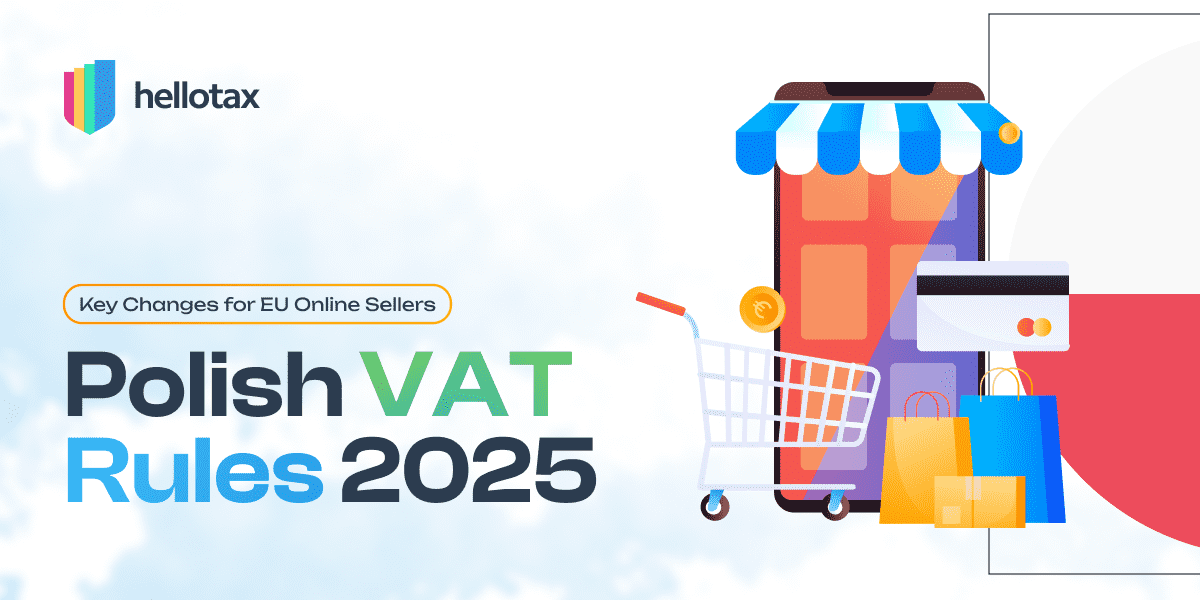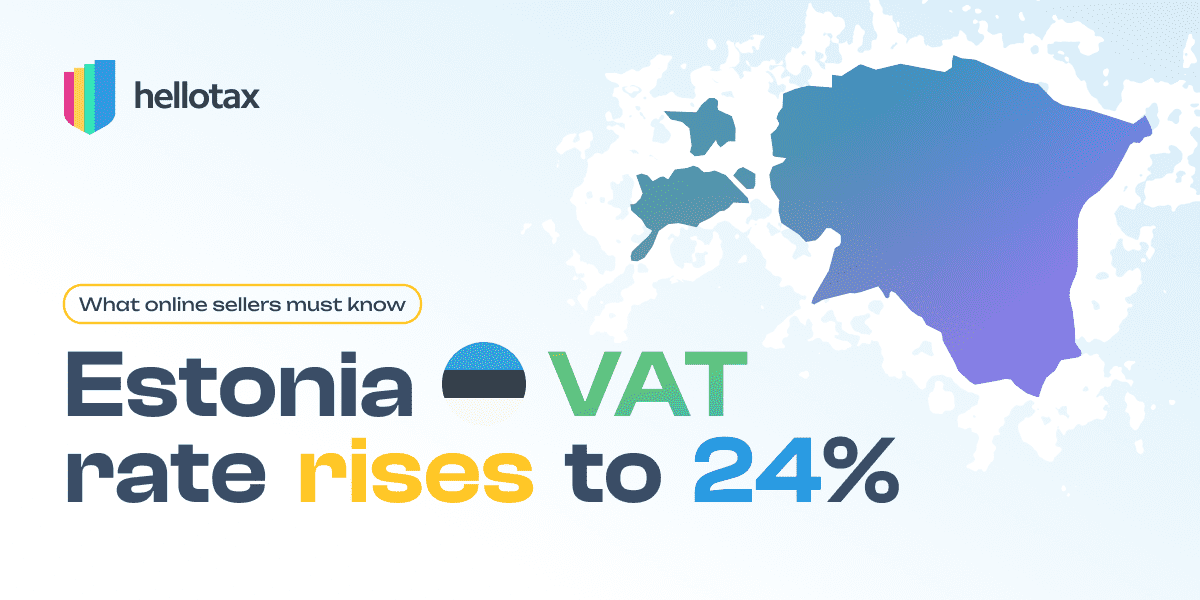Since 1 July 2021, the European Union (EU) has introduced reforms to the value added tax (VAT) rules that impact online marketplace sellers. In this article, we will discuss those changes and explain them with two examples.
Maria
Last Updated on 11 January 2025
Since 1 July 2021, the European Union (EU) has introduced reforms to the value added tax (VAT) rules that impact online marketplace sellers. In some cross-border B2C transactions, marketplaces may become the deemed supplier. As such, they will be responsible for collecting, reporting and remitting the VAT due from the consumer. A marketplace takes on VAT rights and obligations, but not other obligations, like product liability. The new rule is part of a package of reforms aimed at simplifying VAT compliance and combating online VAT fraud. The EU e-commerce VAT reform package for July 2021 includes three reforms. Other reforms include:
- Introducing the One-Stop-Shop for EU VAT returns
- New IOSS return and end of low-value import VAT exemption.
Online marketplaces (called “electronic interfaces” under EU VAT law), which “facilitate” (as defined in EU VAT law) the following types of sales, will be subject to the deemed supply rules as of 1 July 2021:
- Any sale by a seller outside the EU to a consumer inside the EU (including domestic sales or intra-EU distance or remote sales)
- European and non-European sellers selling imported goods to consumers at distance with consignments not exceeding €150
For VAT purposes, a seller and a customer’s sale is treated as two transactions when the deemed supply rules apply:
- This is a business-to-business (B2B) supply, so no EU VAT is due on this sale.
- It is the marketplace’s responsibility to collect VAT from the consumer on the sale of the goods as this is a business-to-consumer (B2C) supply.
Complete guide to sell in EU for non-EU companies
Here are a few examples to illustrate the rules:
Example 1
Through an online marketplace, a Swiss seller sells goods to a Spanish customer (B2C). The goods are shipped from a warehouse in Poland to the Spanish customer.
Before 1 July 2021:
- It is the seller’s responsibility to register for VAT in Poland.
- The seller must register for VAT in Spain if they have exceeded the distance-sales threshold.
- Sales in Spain are subject to VAT, which must be reported on the seller’s Spanish VAT return.
As of 1 July 2021:
- Goods are deemed to have been sold to the marketplace by the seller.
- Despite no VAT being paid on this deemed supply, the Swiss seller is required to report this 0% B2B sale in Poland in its Polish VAT return.
- The marketplace is considered to have sold the goods to the Spanish customer. This B2C transaction is subject to Spanish VAT. Marketplaces can either register in Spain or use one-stop-shops (OSS) to account for and report Spanish VAT.
Example 2
Through an online marketplace, a German seller sells to Spanish and French consumers. Initially, the goods are imported into France from China and are valued below €150.
Before 1 July 2021:
- In France, the German seller is registered for VAT, so he can recover the French import tax and charge the consumer 20% VAT on the purchase.
- For distance sales from France to Spanish consumers, he must also be VAT registered in Spain (assuming it is over the €35,000 threshold).
From July 2021:
- Through its EU One Stop Shop (OSS) or IOSS declaration, the facilitating marketplace will become the deemed supplier and take responsibility for the import into France. Consumers in France and Spain will be charged 20% and 21%, respectively, at the point of sale.
- Import VAT is effectively replaced by this.
- It follows the new rules under the withdrawal of the low-value consignment stock relief. The German seller can de-register in France and Spain if not using it for other purposes.
Are you not sure, whether you should get registered for the One Stop Shop or whether you should keep your VAT registrations? Consult with our experts and get the best solution for your business needs.


